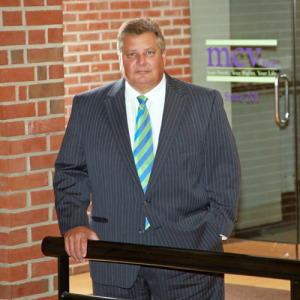
 1. Do I have to attend? Yes, the insurance carrier is entitled to have you examined by their doctor. If you do not attend it will harm your case. Your benefits may be stopped, and your treatment and prescriptions suspended.
1. Do I have to attend? Yes, the insurance carrier is entitled to have you examined by their doctor. If you do not attend it will harm your case. Your benefits may be stopped, and your treatment and prescriptions suspended.
2. What is the purpose of the exam? Generally the carrier is seeking another opinion on the nature and extent of your injuries, your need for treatment, and your level of disability.
3. What can you expect at the exam? An IME is not like a visit to your doctor – the IME is not treating you. The exam is likely to be very quick and focused on your degree of disability or the need for treatment or prescriptions. You may be asked to complete a questionnaire prior to the exam. Answer the questions carefully, and be sure you tell the doctor about any prior injuries or new injuries. Do not exaggerate or overstate your injury.
4. What is the IME looking for? The IME doctor will look for any inconsistencies in your behavior. This could include simple observations or may involve video surveillance. The carrier often has an investigator record video of you the day before the exam, the day of the exam, and the day after the exam to try to find inconsistencies. Be frank with the IME and your doctors about your activities of daily living. Also let the IME know of any side effects of your medications.
5. What occurs after the exam? The IME exam generates a report that is sent to all parties generally within 10 days. The report may or may not agree with your doctor and often will vary, especially in assessing your degree of disability. When the carrier receives the report, they will typically request a hearing to change the level of benefits paid. If the dispute cannot be resolved, litigation will start.
6. What is the role of your attorney when you have an IME? Your attorney is aware of your IME. It is best to talk to your attorney before you attend. Your attorney will also work with you to obtain evidence to counter the IME’s conclusions before a hearing.





